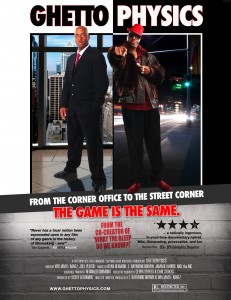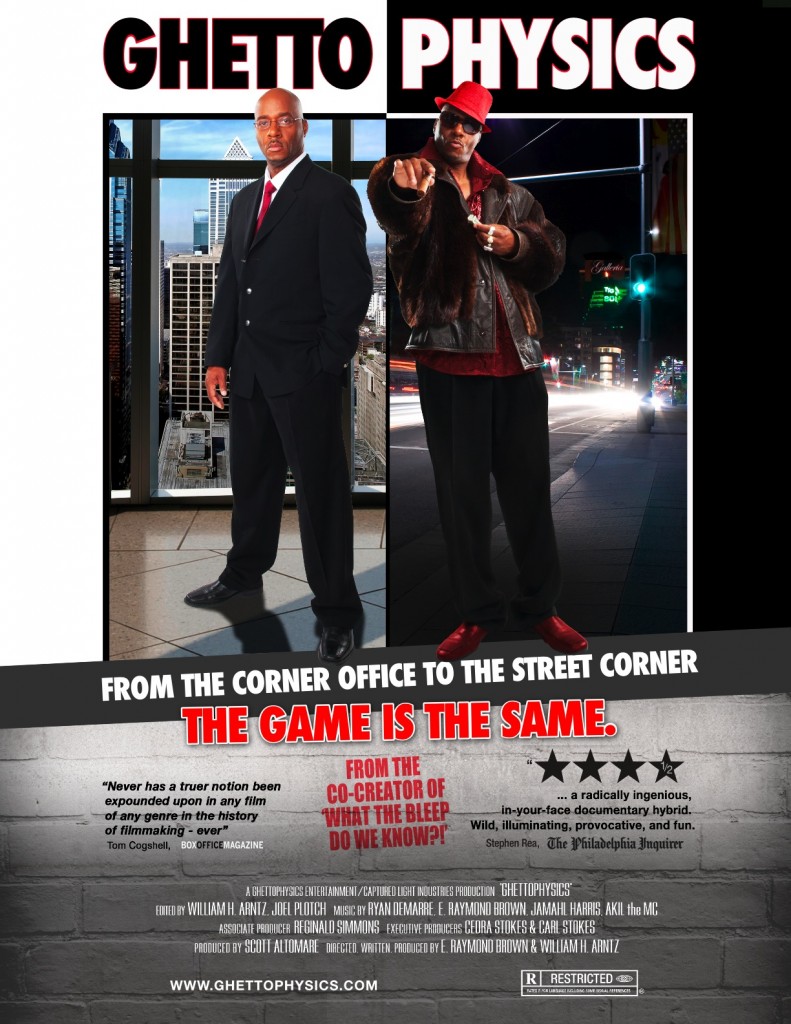 As I was walked into Safeway this afternoon I passed by an older man with a case of Pabst. The first thought that came to my mind was “sucker juice.” No disrespect to the man but what does it mean when you spend on alcohol? What is the lasting impact? Is it positive? Could your money be better spent on something else?
As I was walked into Safeway this afternoon I passed by an older man with a case of Pabst. The first thought that came to my mind was “sucker juice.” No disrespect to the man but what does it mean when you spend on alcohol? What is the lasting impact? Is it positive? Could your money be better spent on something else?
Consumer culture is dependent on suckers and businesspeople. Those that don’t spend with a purpose define suckers. Businesspeople invest.
When you spend, is some person in suit getting one over on you? Is your money going toward an investment or temporary gratification? How much time do you spend feeding your emotions versus feeding your empowerment and sustainability?
No one is a complete sucker or full-time businessperson. I’m certainly a work in progress, at best.
In addition to drastically cutting down on the sucker juice, I recently made a decision to stop smoking weed. It had nothing to do with health concerns or legal trouble. I simply had to think about what I could be doing with all that time. Chances are, even if I was reading, I wasn’t operating on optimum capacity when I was high. I certainly wasn’t making money. In fact, the money I was spending on temporary gratification was most likely funding many of the political issues I speak out against.
In the months since I quit, I’ve replaced much of that time with exercise, which has done good things for me emotionally and physically. Not to mention, I’ve saved a pretty significant amount of money (Now if I could just kick the social media addiction…).
Nonetheless, sucker mentality is about more than vices.
I get frustrated with the lack of Black businesses in Oregon because it institutionalizes unsustainability. While we have many restaurants, barbershops and hair salons, we’re lacking in grocery stores and beauty supply stores to parity the amount of barbers and stylists. Thus, in order for me to support many of these Black businesses, it means I have to put money into one-time meals and temporary hair maintenance. With more grocery stores and beauty supply shops, not just could we do more to invest in Black business but we could also purchase food that lasts throughout the week, give ourselves more opportunities to learn how to cook and teach others how to cook, and take care of our own cosmetics and hygiene in sustainable ways that don’t require us to restructure our days around hair appointments. Barbershops and beauty salons are great places to hangout, congregate and organize but that should be something we think about consciously instead of as a positive side effect of inefficiency.
The same goes for:
Music- Do you support local artists whose profits affect your economy? Do you support artists that give others jobs and/or give back to their communities? Do your favorite artists leave a message that will be impactful to listeners in the future?
Politics- Do you vote for the lesser of two evils instead of someone who will actually serve your needs? Does a political party take your vote for granted? How do you hold politicians accountable? Do you vote for politicians that will give you tangible results or do you vote based on likeability?
News consumption- Do you read to be more informed than everyone else? What do you take from your reading that you can use in your everyday life? Is your level of news consumption actually having an adverse effect on your health and/or daily interactions?
Religion- Does your religious institution reinvest in the congregants that invest in it in a tangible way?
And the list goes on…
At the end of the day, it’s all a matter of thinking. None of us are perfect but we can all be conscious of our spending. Businesses need our dollars to thrive. Why not ask for something to help you thrive in return for your investment? It costs nothing to think like a businessperson.
